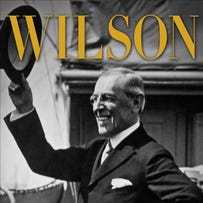Carr’s Column – Focus groups
I might as well add my tuppence worth.
No focus group research had any influence on the big policy initiatives of my government (1995-2005). The south-east forests were saved without any reference to a focus group; and 350 new national parks declared. Focus groups had nothing to do with saving native vegetation on private farmlands or the wholesale reform of water policy in NSW or the introduction of the world’s first carbon trading scheme, the NSW G-Gas scheme.
Focus groups had nothing to do with Australia’s biggest package of tort law reform that saw a wholesale rewriting of the law on workers compensation, medical indemnity, public liability and third party motor accident insurance. This was good policy making and the reforms were controversial.
Focus groups had nothing to do with the introduction of Australia’s most rigorous school curriculum; they had nothing to do with the first retirement of government debt – $10 billion worth of it – in NSW history or with the expenditure of $61 billion on new infrastructure over these 10 years.
I did not consult a focus group before I took a stand in favour of embryonic stem cell research, a medically supervised injecting room at Kings Cross or the elimination of discrimination against same-sex couples in property transfers and inheritance.
And the wholesale reform of NSW policing – and our original vote in the parliament to set up a police Royal Commission against the wishes of the then-Fahey government – were uninformed by focus groups or any other form of polling.
Focus groups are useful when it comes to testing arguments and language.
They should not be used to drive policy.
One more example. When I opted for electricity privatisation in 1997 it was a bid for a huge policy reform and it owed nothing to focus group research. Subsequent polling by the NSW ALP in the 1999 election highlighted the fact that no form of words available to the Kerry Chikarovski-led state opposition would have rendered electricity privatisation acceptable to the public. It was nonetheless good policy and its defeat in 1997 and in 2008 – by party, unions, Barry O’Farrell and public – was a set back for sound policy in NSW.

Comments are closed.